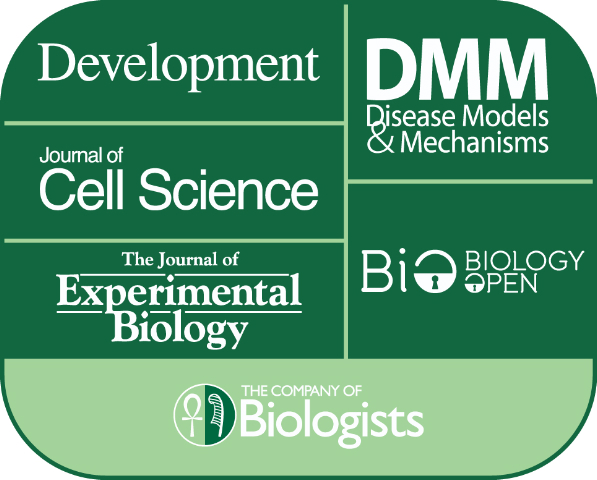Inositide signalling in health and disease
Inositide signalling in health and disease
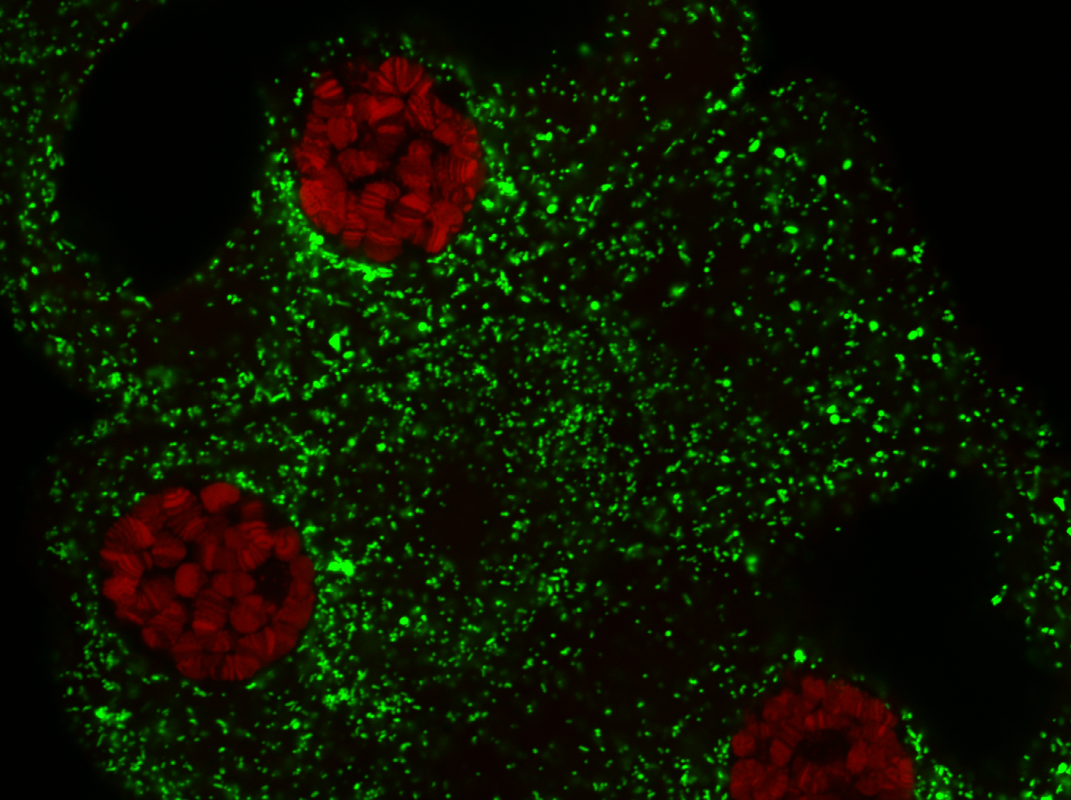
Date: 28 November - 2 December 2012
Venue: Orange County Resort. Coorg, INDIA http://www.orangecounty.in/coorg/home.php
Organisers:
Raghu Padinjat, NCBS, Bangalore
Phillip Hawkins, Babraham, Cambridge
Gaiti Hasan, NCBS, Bangalore
John York, HHMI, Duke Univeristy
Application deadline:
Registration/Abstract submission: 25 August, 2012
Selection Announcement Date: 1 September, 2012
Brief description:
Signals based on phosphatidylinositol and its metabolites are central to cellular communication in eukaryotic cells. They provide molecular control of of key sub-cellular processes and orchestrate fundamental cellular behaviours such as cell division, shape change, polarized movement and cell death. This meeting will discuss recent discoveries in inositide signalling.
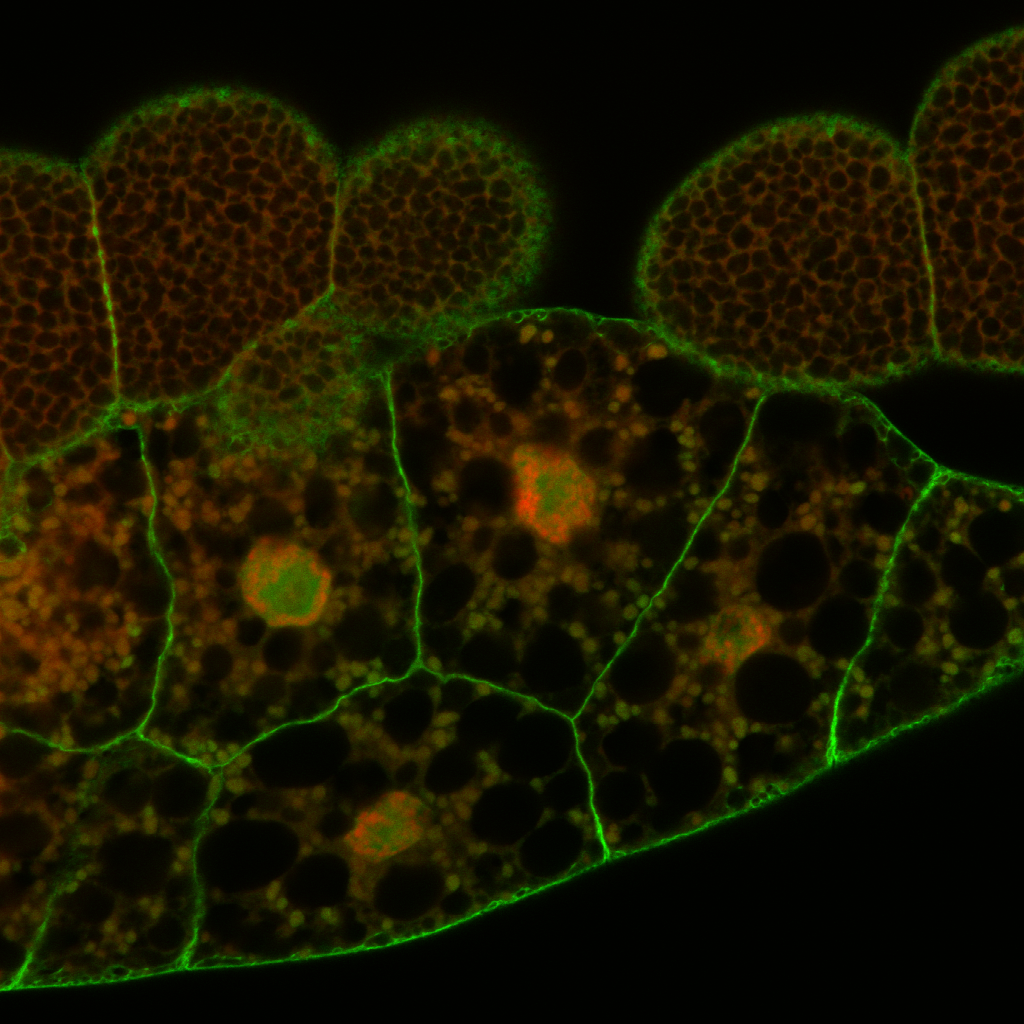 Confirmed speakers
Confirmed speakers
Richard Anderson, Univ. of Wisconsin
Tamas Balla, NIH-Bethesda
Julie Brill, Hospital for Sickkids
Pete Cullen, Bristol University
Pietro De Camilli, Yale University
Antonella De Matteis, Telethon Institute, Naples
Nullin Divecha, PICR, Manchester
Scott Emr, Cornell University
Christophe Erneux, Bruselles University
Gaiti Hasan, NCBS
Phillip Hawkins, Babraham, Cambridge
Robin Irvine, Cambridge University
Jocelyn Laporte, IGBMC, Strasbourg
Raghu Padinjat, NCBS
Lucia Rameh, Boston Research Institute
Adolfo Siardi, University College London
Takehito Sasaki, Tokyo University
Carsten Schultz, EMBL Heidelburg
Roger Williams, Laboratory of Molecular Biology, Cambridge
John York, Duke University
Registration fee:
The Registration fee for the meeting is:
USD 300 for participants applying from institutions outside India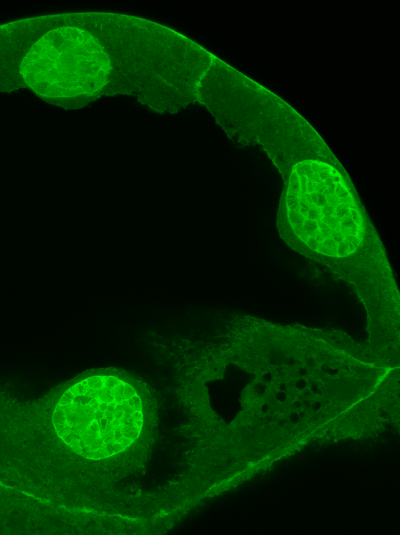 INR 2500/- for participants applying from institutions within India
INR 2500/- for participants applying from institutions within India
INR 5000/-for academia (Non-student participants)
INR 10,000/- for Corporate
Registration fee includes meeting kit, boarding and lodging.
Eligibility
Applications are invited from participants who have an interest in inositide signaling regardless of the area of biology to which their work might be relevant. A total of 40 applicants will be selected on competitive basis. Selected participants will be notified by email and will be required to submit a registration fee by banker’s draft.
How to Apply:
All participants must submit a CV and an abstract of 250 words of their work online.
Abstracts must demonstrate the relevance of their work to inositide signaling or an interest in this area of science
Content of the abstract must be unpublished work.
Housing and Local Transport
Boarding and lodging will be provided for selected participants. It would be a shared accommodation. All participants will assemble at NCBS, Bangalore and travel together by coach to Orange County Resort. At the end of the meeting they will return by coach to Bangalore. The NCBS meetings office will make the local arrangements including boarding and lodging at Bangalore prior to the start of and at the end of the meeting.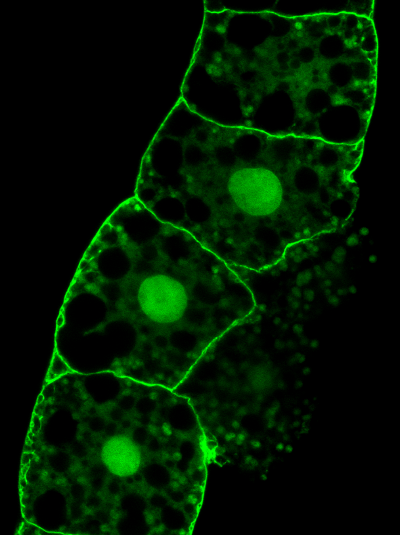 Poster presentation:
Poster presentation:
Selected applicants will be required to present a poster on their current research. A few abstracts will be picked for a short oral presentation. Poster specifications will be informed by email upon selection.
Travel:
Participants will be responsible for their own travel to Bangalore. Transport between the airport and NCBS will be arranged by the meeting organizers upon request.
Visa:
All foreign nationals traveling to India are required to possess a valid passport of their country and a valid Indian Visa issued by the Indian Embassy or Indian Consular office in their country. Please apply for a “conference visa”. Selected applicants will be supplied with an invitation letter and relevant approvals which must be submitted with the Visa Application form. Visa authorization times are variable so it is best to apply at least 75 days in advance of your travel date. Air tickets must be booked only after the visa is issued.
Contact: nidhisri at ncbs.res.in
Sponsors/Supported by: NCBS, Indian Academy of Sciences
Funded by
The Company of Biologists
Development
Journal of Cell science
The Journal of Experimental Biology
DMM, Disease, Models & Mechanisms

